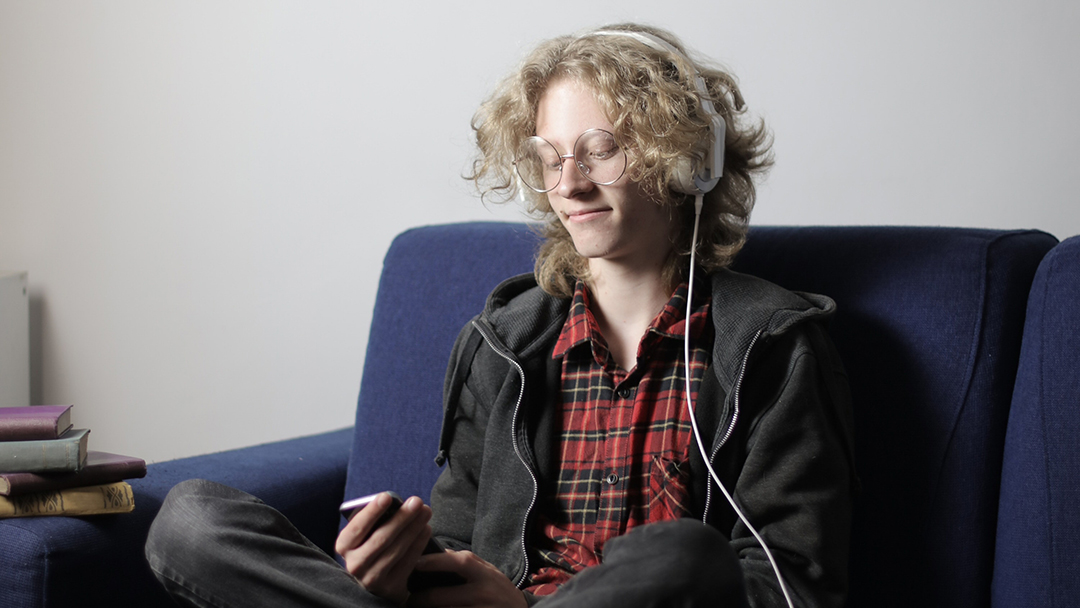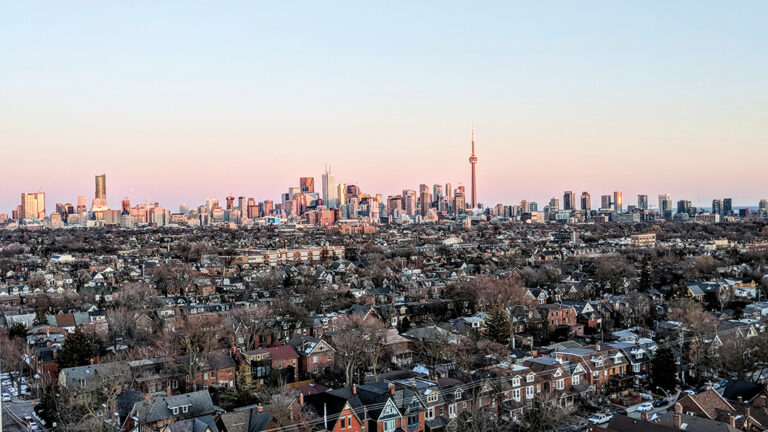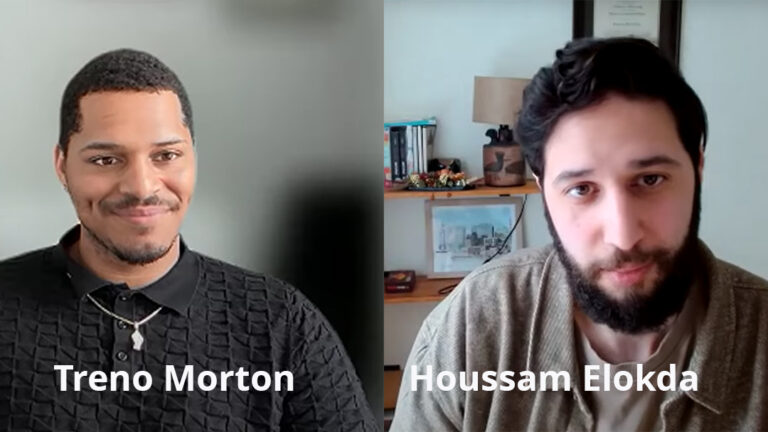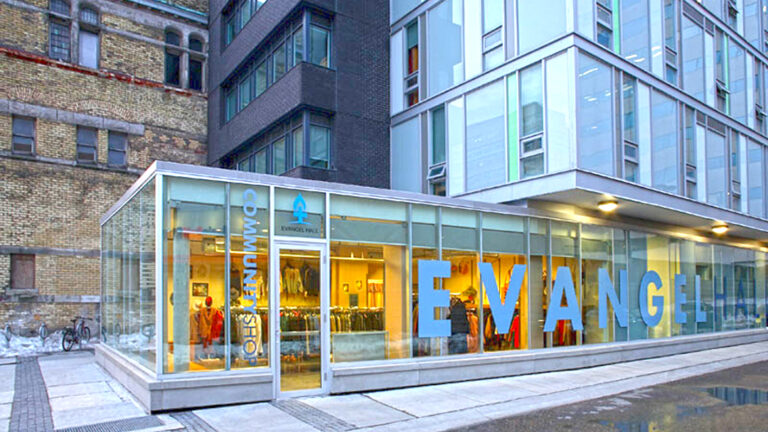What better way to spread awareness about tenant rights during a pandemic than through a podcast? The Centre has awarded $110,000 to a new digital initiative—for the people, by the people—that will remain useful long after the Covid crisis is over.
Tired of spending all day in front of a screen, more and more people are tuning into their favourite podcasts, and the choices are endless. Whatever your interests, you can easily find a slew of entertaining, informative podcasts to keep you enthralled while performing mundane tasks. A recent report by The Podcast Exchange suggests 8 million Canadian adults listen to podcasts at least once a month.
What’s more, podcasts are ideal not just to entertain, but to educate and raise awareness. In Finding Cleo, for example, the hosts successfully investigate the disappearance of Cleopatra Nicotine, a girl who was ripped from her family during the wave of state removals of Indigenous children in the late 1950s to the 1980s known as the Sixties Scoop. Or SOLD OUT: Rethinking Housing in America, which “reimagines what housing can be by examining California, the epicentre of the housing affordability crisis.”
So, while podcasting for social change is not inherently new, its precursor, community radio, gave a voice to the voiceless across countries and in both rural and urban settings. It has proven an effective and inclusive medium to spread information and knowledge to large audiences. The advantage of podcasting is even greater. For one, you don’t need to catch it “live,” you can listen—or take a break—whenever you want.
Empowering tenants through technology
Harnessing the power of the podcast, the Fédération Régionale des OSBL d’habitation de la Montérégie et de l’Estrie (FROHME) has submitted a proposal for a new podcast project “Un toit, un droit” (One roof, one right) that will produce a series of eight 45-minute podcasts on the housing sector—with a particular focus on social and community housing. The Community Housing Transformation Centre is pleased to contribute $110,000 from the Community-Based Tenant Initiative Fund (CBTIF) to help make the project come alive.
“What I like about this project is that tenants are involved throughout the entire process,” says Chrissy Diavatopoulos, the Centre’s CBTIF program manager. “They define the topics, are involved in creating the podcasts and with meeting decision-makers to express their needs and wants and share their lived experience. It will bring awareness to tenant issues and to the importance of community housing.”
The Quebec housing crisis has only recently attracted significant media attention, but the coverage remains superficial and sporadic, say the project sponsors. As a result, social media has become the tool for different organizations to exchange and share their knowledge on a variety of tenant-related topics.
The podcast is expected to reach roughly 4,000 tenants.
“This is certainly a unique project since, to our knowledge, there are currently no podcast series entirely dedicated to social and community housing in Quebec,” says Marilou Tanguy, governance and community support advisor at FROHME.
“It’s a great opportunity for tenants to invest in the public sphere by dealing with issues that concern them in regard to housing in the territory covered by our Federation [the Montérégie and Estrie]. In short, it’s really stimulating for FROHME to be able to participate in a podcast project designed mainly by-and-for tenants.”
The series will be hosted and produced by tenants in non-profit, low-income and co-op housing, with the support of a coordinator. Knowledge is power: the podcast aims to amplify tenant voices and strengthen the tenancy movement in Quebec’s Montérégie and Estrie (or “Townships”) regions. It will also connect tenants and local politicians and raise their awareness of the challenges faced by tenants as well as barriers to their community involvement.
The podcast will “make it possible to influence conversations on social and community housing by promoting the meeting of elected officials, tenants and partners,” adds Tanguy.
Social inclusion
The podcast will serve to empower and arm residents with knowledge necessary to better their lives and strengthen their communities, and there will be no one left behind. Studies indicate that nearly half of podcast listeners are between the ages of 18–34, so FROHME is well aware of the very real potential of a digital divide and plans to complement the podcasts with written materials to ensure access to information for all. (Conversely, let’s not forget that podcasts are a better way to reach those with literacy challenges.)
Participants will acquire experience and knowledge through the different stages of gathering information and producing the podcasts, as well as liaising with local leaders: a confidence-boosting experience sure to resonate in other areas of their lives.
We can’t wait to tune in to—and share—the first episode!
Project partners include: regional municipal housing offices, tenants’ associations (South Shore, Beauharnois, Valleyfield, Sorel, Sherbrooke), Technical Resource Groups (South Shore, Saint-Hyacinthe, Estrie, Valleyfield), community organizations, Community Development Corporations, the Table régionale des organismes communautaires et bénévoles de la Montérégie, the Coalition des Tables régionales d’organismes communautaires (CTROC).



